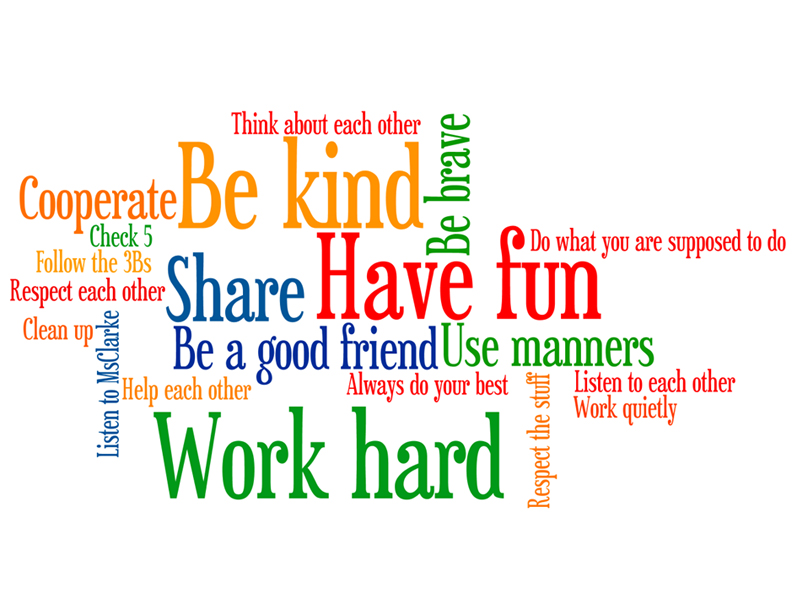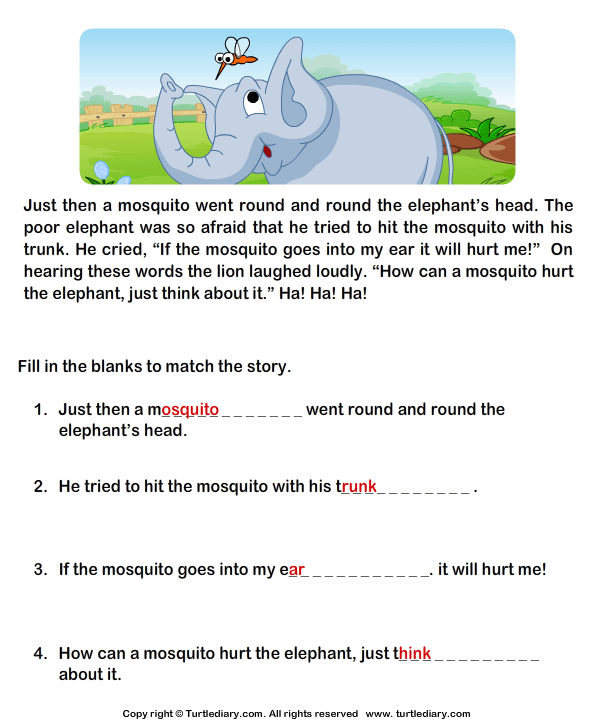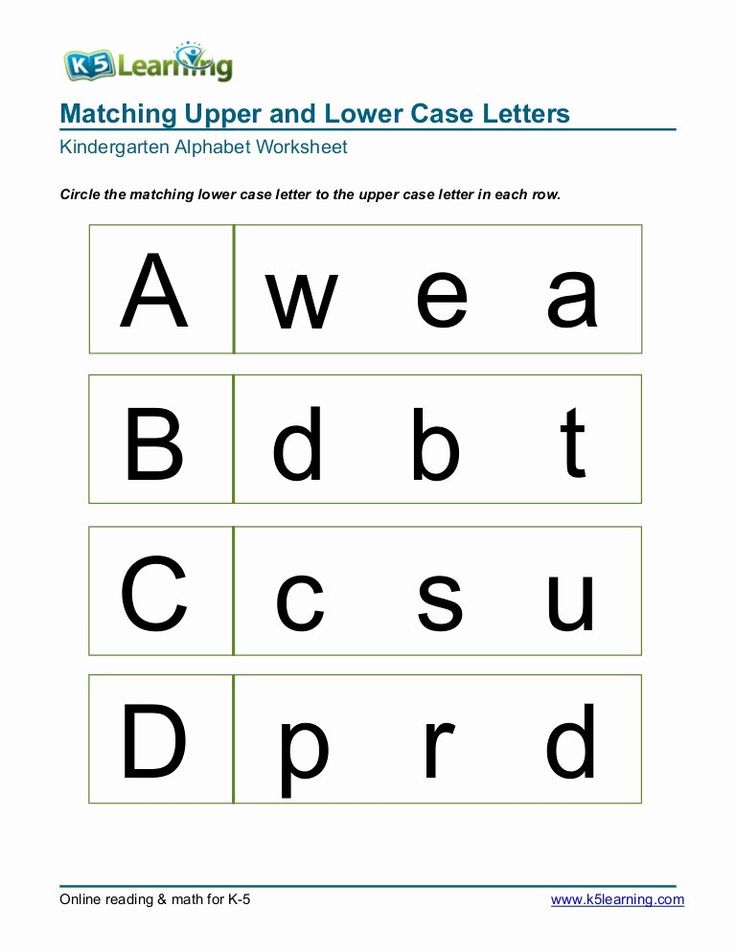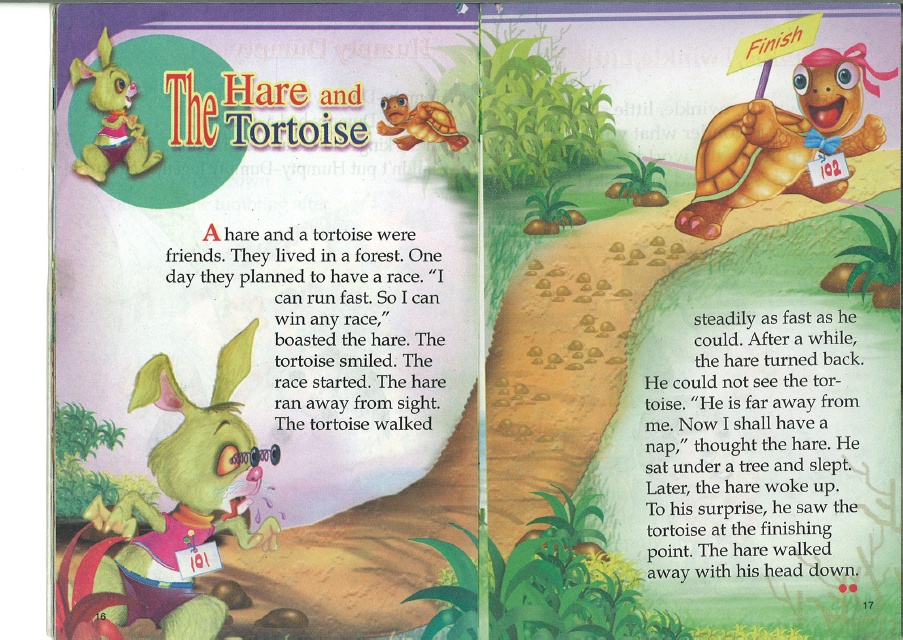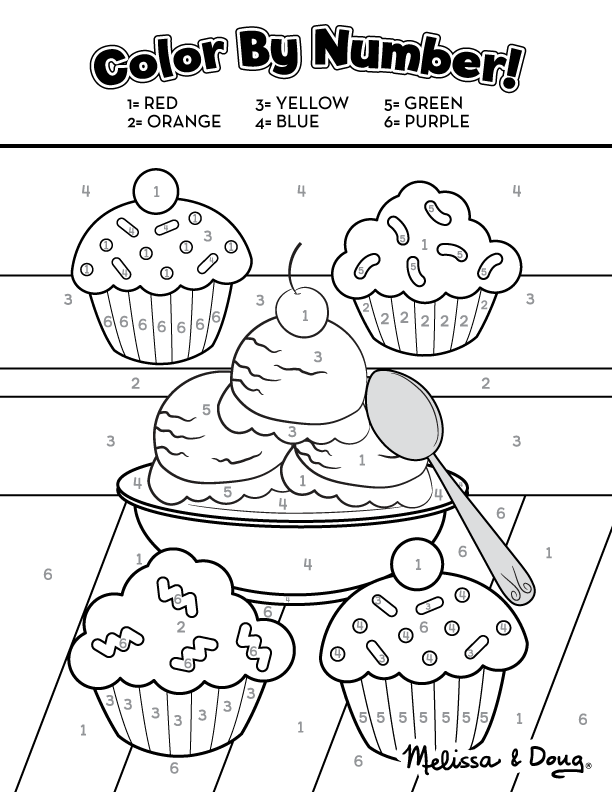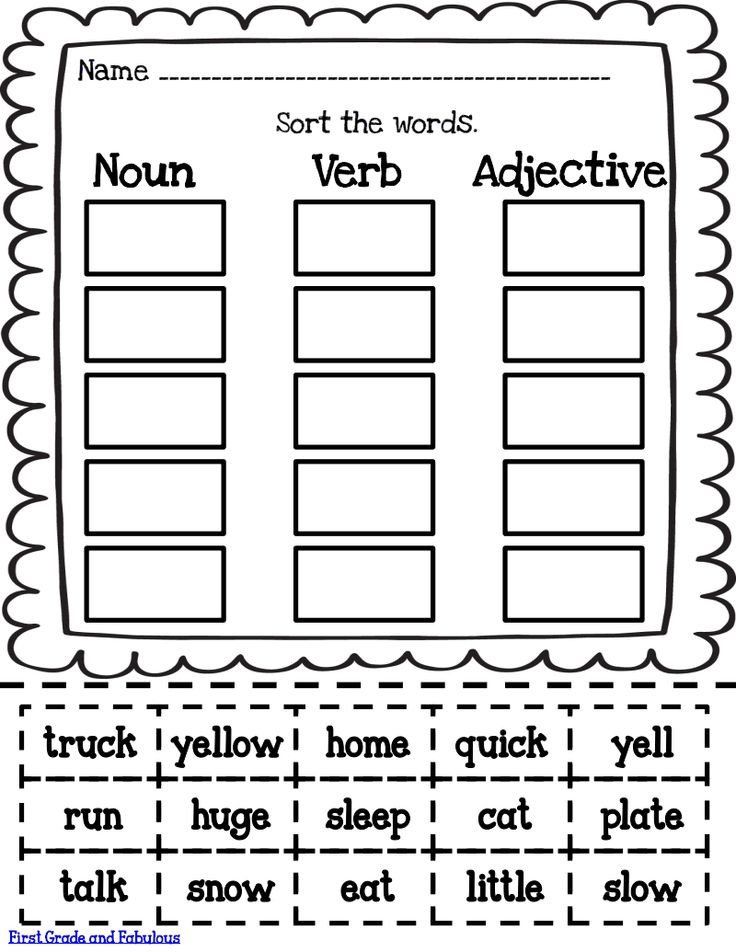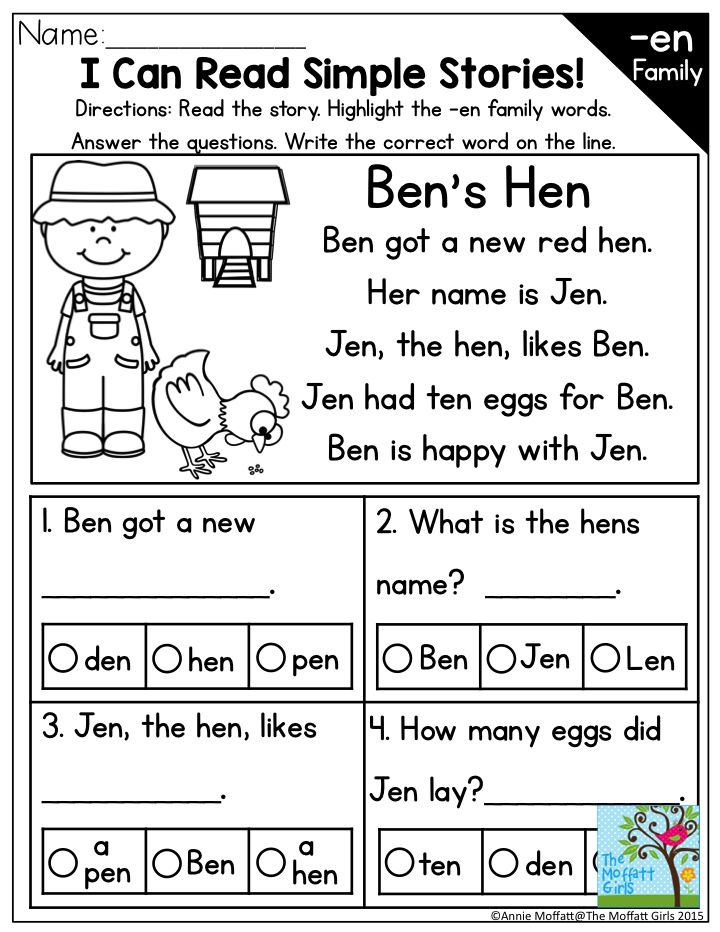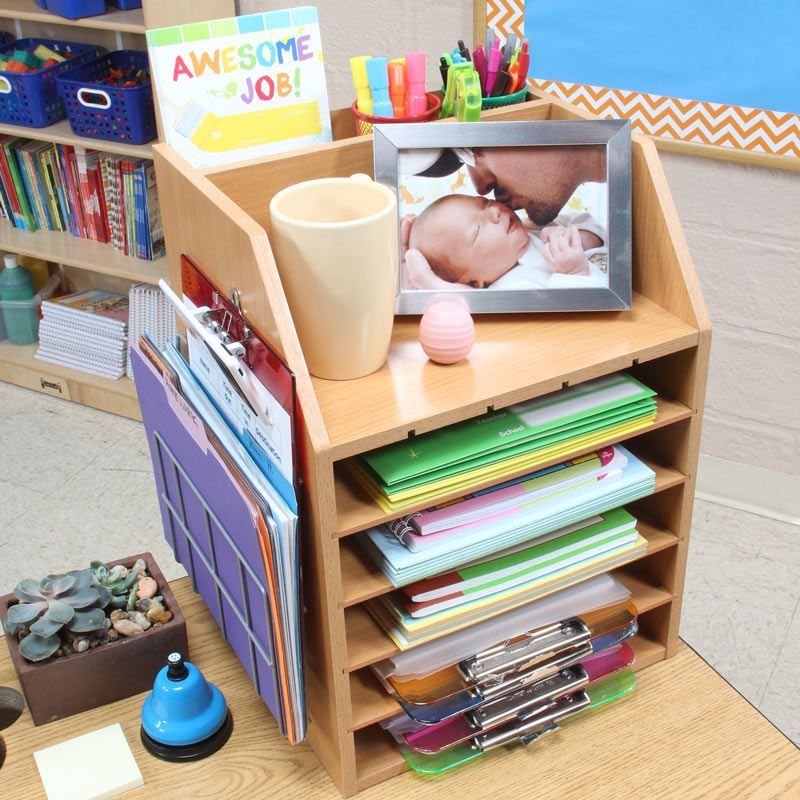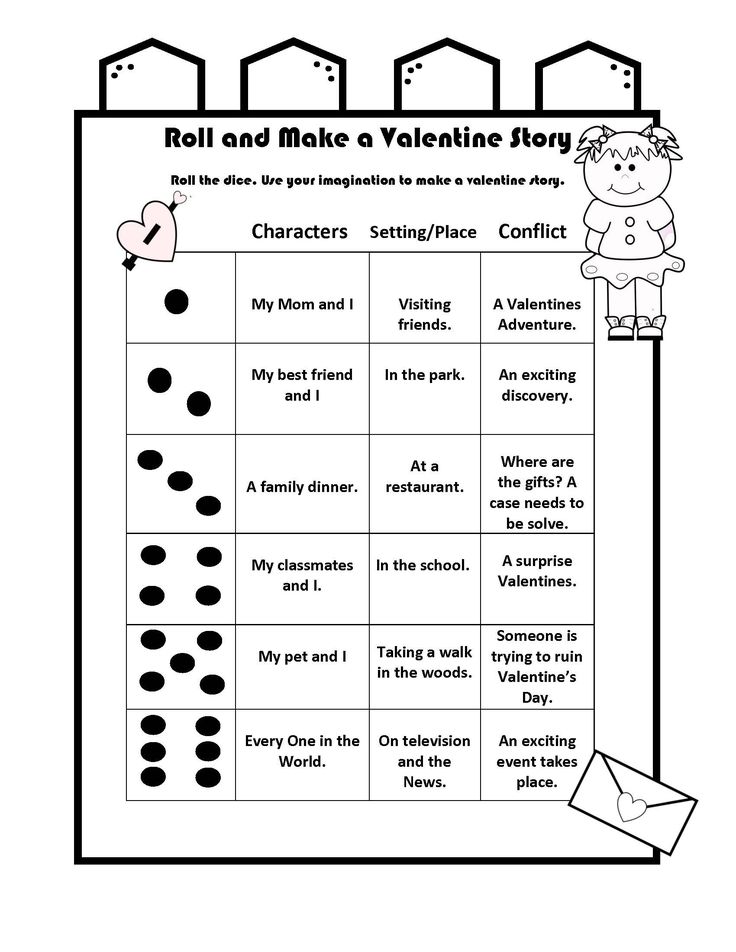Fun games for spelling words
Classroom Spelling Games for Grades 2-6
Looking for an engaging spelling game to play with your students? Look no further! We’ve collected together a fun list of classroom spelling games suitable for students in grades two to six.
1. Buzz Off Spelling Game
Have students stand in a circle. Choose a person to start and say the word to spell. In succession moving from person to person around the circle, each student says the next letter in the word until the entire word is spelt. The next student says ‘buzz’ and then the next ‘off’ and that final student sits down. Any student whose letter misspells the word also has to sit down. Keep playing until only one student remains standing.
2. Spelling Team Tic Tac Toe #1
Divide students into two teams. Draw a large tic tac toe grid on the whiteboard. Students from each team take turns to orally spell an allocated word correctly. If they are correct, they add an x or o to the grid for their team. First team to three in a row wins the round.
3. Spelling Team Tic Tac Toe #2
Divide students into two teams. Draw a large tic tac toe grid on the whiteboard. Give each team a different coloured whiteboard marker. Students from each team take turns to spell an allocated word directly onto their choice of square on the tic tac toe grid. If they spell the word incorrectly it is erased. First team with three correctly spelled words in a row wins the round.
4. Snowball Spelling Game
Onto a small sheet of white paper write the grapheme for a sound the class has been studying, e.g. ‘ir.’ Scrunch the paper up into a ball. Throw the paper ball to a child who must unwrap the paper and say a word containing that sound. The child then throws the paper ball to another child who has to spell the word. They then throw the ball to another child who has to say a sentence that includes the word. They then throw the ball to another child who starts the sequence again with a new word that includes the sound.
5. Spelling Swat It!
Divide students into two teams. Write the spelling words randomly onto the whiteboard.
Stand the first two players, with their backs to the board, a short distance in front of it. Give them each a plastic fly swat.
Call out a clue to identify the spelling word. For example, “This word means…” or “Rhymes with …” The two players must then race to be the first to swat the correct word on the board. The winner must then turn away from the board and spell the word correctly to win a point for their team.
6. Spelling Word Relay
Divide the students into teams. Each team lines up a short distance away from the whiteboard, facing the board. The first person in each team starts with a whiteboard marker.Call a word for the students to spell. The first student in each team races to the board and writes the first letter of the word and then runs back to pass the marker on to the next team member who writes the next letter of the word, and so on.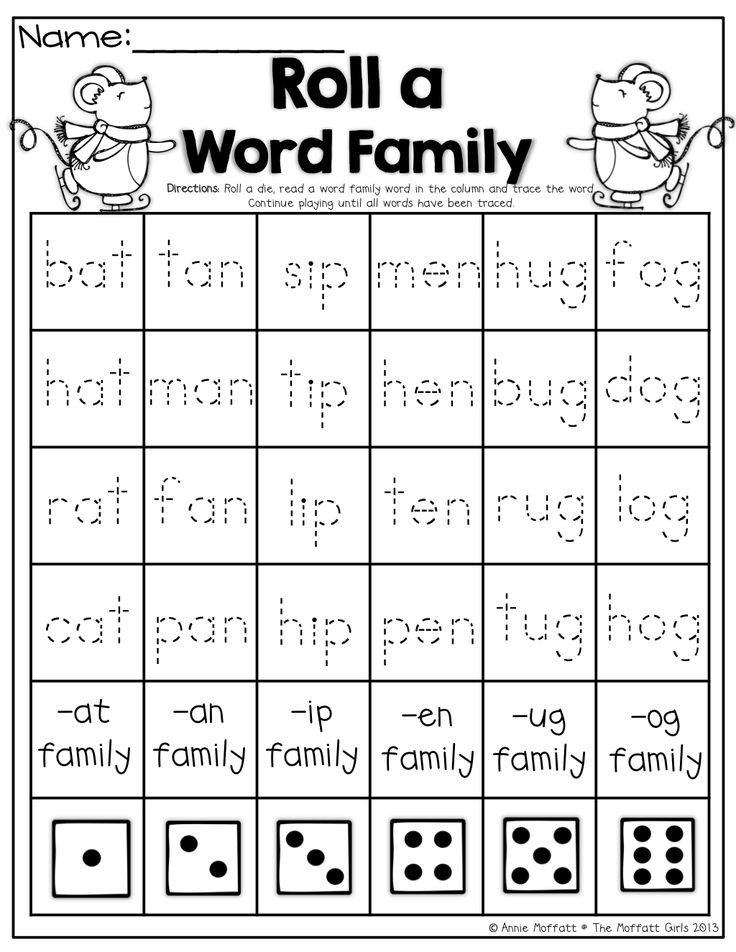 Team members can correct an incorrect letter on their turn but they may not add a new letter. The first team to correctly spell the word scores a point.7. Spelling Who Am I?
Team members can correct an incorrect letter on their turn but they may not add a new letter. The first team to correctly spell the word scores a point.7. Spelling Who Am I?
Write each spelling list word onto a post-it note. Divide students into two teams. The first student from the first team sits on a chair at the front of the room, facing the rest of her team. Place the first post-it note onto the student’s forehead. The goal is for the chosen student’s teammates to give him or her clues to what the word on his forehead is, without revealing the word directly. They can use rhyming words, synonyms, antonyms, guestures, etc. After they guess the word correctly, the student then has to spell the word. If they spell the word correctly, they score a point for their team. Repeat with the first team member from the second team, and so on.
8. Unscramble
Line students up into two or three teams facing the class whiteboard. The first person in each team has a personal whiteboard and a whiteboard marker and an eraser and turns to face away from the class whiteboard. Write a jumbled version of the first spelling word on the class whiteboard. On ‘Go!’ the team members turn to face the board. The first of these students to write the unjumbled word (spelled correctly) onto their personal whiteboard and holds it up to the teacher wins a point for their team. They then pass the whiteboard onto the next team member and play continues with a new jumbled word for each round.
Write a jumbled version of the first spelling word on the class whiteboard. On ‘Go!’ the team members turn to face the board. The first of these students to write the unjumbled word (spelled correctly) onto their personal whiteboard and holds it up to the teacher wins a point for their team. They then pass the whiteboard onto the next team member and play continues with a new jumbled word for each round.
9. Missing Letters
Played in the same manner as Unscramble but the words are written onto the classroom whiteboard with blank lines in the place of some of the letters. For example, b_c_ _se for the word because.
10. Invisible Man
Line students up into two teams facing the whiteboard. Draw two large stick people on the whiteboard, one in front of each team, each must have the same number of body parts. Call out a word for the first member of team one to spell. If they spell it correctly they may erase one body part from the other team’s stick person.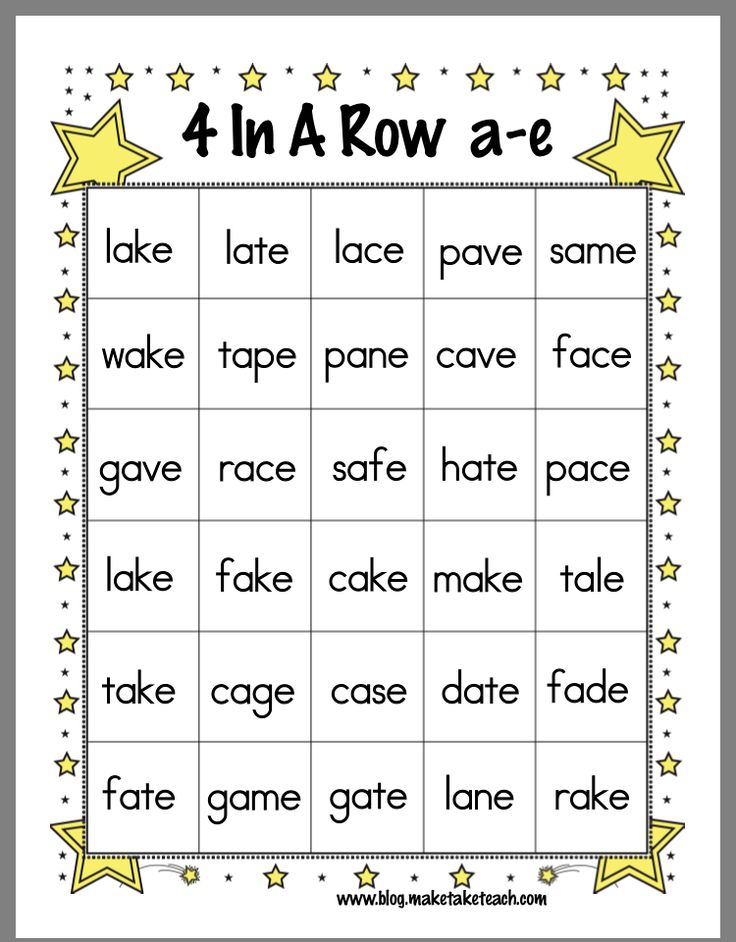 Call out a word for the first member of team two to spell, and continue on until one team’s stick person is completely erased. The erasing team is the winner!
Call out a word for the first member of team two to spell, and continue on until one team’s stick person is completely erased. The erasing team is the winner!
11. Spell-O
Each student chooses five spelling words and writes them onto a piece of paper. Write the alphabet in large print across the whiteboard. Cross out the letters of the alphabet, one by one. As each letter is crossed out, students cross out that same letter as it appears in each of their own words. First student to cross out all of the letters in all of their words wins.
12. Dictionary Challenge
This game works best with students in the upper elementary/primary grades. Divide students into teams. Each team will need a dictionary. Students choose a player from their team to go first. Call out a word. The elected students from each team race to be the first to find the word in the dictionary. The person who succeeds scores a point for their team. The dictionary is then passed to the next person in each team and the process repeated.
Christie Burnett is a teacher, presenter, writer and the mother of two. She created Childhood 101 as a place for teachers and parents to access engaging, high quality learning ideas.
9 Fun DIY Spelling Word Games for the Classroom
DESCRIPTION
spelling word game with letter pieces
SOURCE
CraigRJD / iStock / Getty Images Plus
PERMISSION
Used under Getty Images license
Spelling can be fun to practice in the classroom. These spelling games are perfect for specific spelling words or for reinforcing spelling rules in class. Keep reading to find ideas for fun spelling word games for all levels.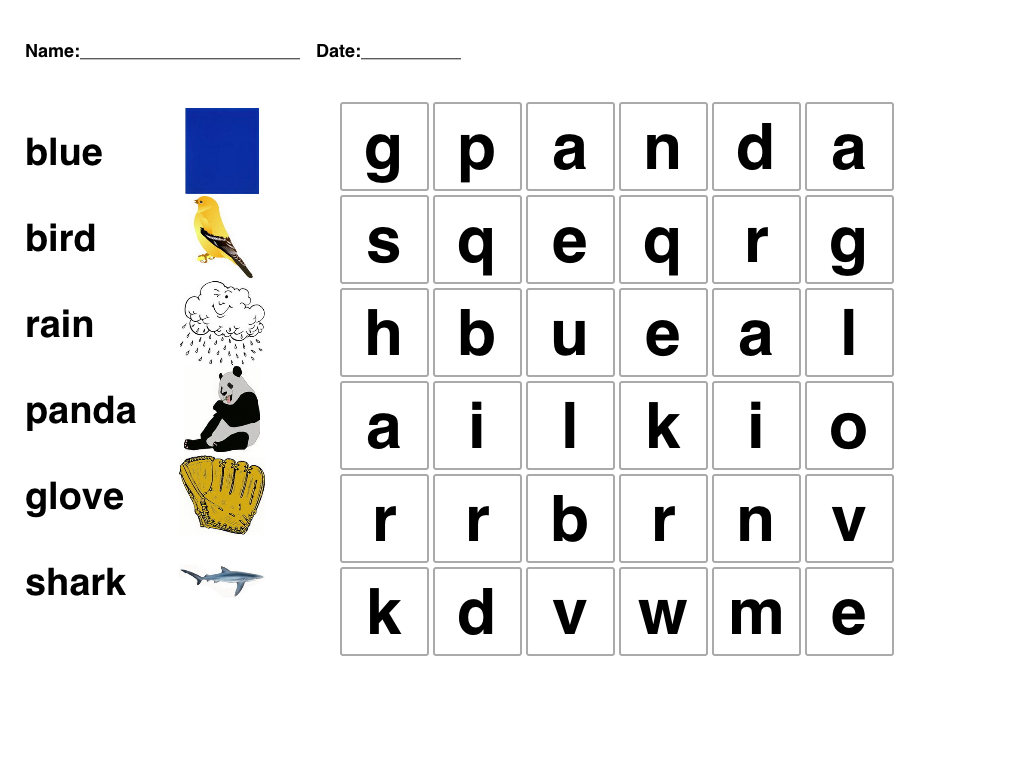
Baseball Spelling
Everyone loves a nice game of baseball! Use baseball terminology and rules to reinforce important spelling words in your language arts lesson.
- Draw a baseball diamond on the board (home, first, second, third plates).
- Split the class into two teams. Assign one team as the fielding team and the other as the batting team.
- Have each team write up a “batting order” that includes everyone’s names.
- Have the fielding team choose one “pitcher” to read the words.
- The pitcher reads the first word to the person who is listed first on the batting team’s batting order.
- If the batter gets the word right, they’re on first base. You can indicate this on the whiteboard baseball diamond.
- The pitcher reads the next word to the next batter. If they get it right, they move to first and the previous batter moves to second.
- If someone spells a word wrong, they strike out. When there are three strikeouts, the teams switch and the fielding team gets to “bat.
 ”
”
Play as many innings as you need for everyone to get a turn and to review all the spelling words. Students can either stand in front of the class when they’re “at bat,” or they can spell from their seats.
Board Races
Students love writing on the board, running in the classroom and competing against each other – it’s a perfect fit! You can play board races with any subject, but it’s especially helpful for spelling because it’s so visual.
- Split the class into two or three teams, depending on how many students you have.
- Read the first word on the spelling list.
- The first student on each team races up to the board and writes out the word with its proper spelling. This includes capitalization for proper nouns.
- Whoever spells the word correctly (and legibly) gets a point for their team.
- Repeat the game until you’ve run through all the spelling words a few times.
For an extra challenge, use alphabet magnets instead of dry-erase markers for students to arrange in the correct spelling.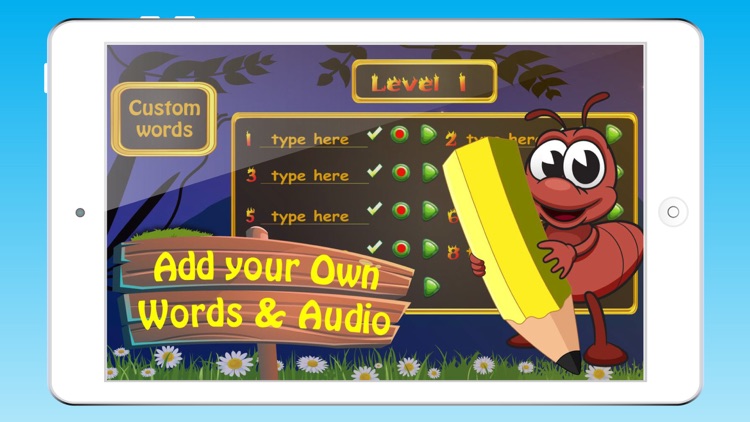 You can also use this game to practice dictionary skills by calling out extra hard words that they’ll need to look up.
You can also use this game to practice dictionary skills by calling out extra hard words that they’ll need to look up.
DESCRIPTION
word game using alphabet magnets on board
SOURCE
RoterPanther / iStock / Getty Images Plus
PERMISSION
Used under Getty Images license
Catch the Spelling Word
Work on your students’ hand-eye coordination as well as their spelling. All you need is a spelling list and something soft to throw back and forth.
- Divide the class into small groups of 4-5 people.
- Get an inflatable ball, stuffed animal or anything that students can throw without hurting each other for each group.
- Have one group come to the front of the class with the ball.
- Set a timer for one minute.
- Read the first spelling word.
- The student with the ball says the first letter of the word.
- If it’s correct, they toss the ball to another student, who says the next letter.
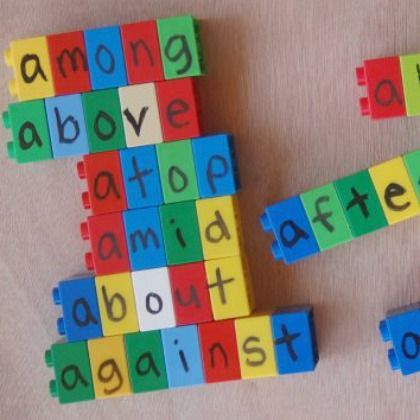
- If it’s incorrect, they sit down and the next group stands up.
- If they drop the ball, they sit down.
- Once they’ve correctly spelled the word, read the next word.
- Repeat until the group’s minute is up. The group gets points for every word it has successfully spelled.
- Have the next group come to the front of the class.
You can adapt the game for groups to play at the same time or even for pairs to play. Middle and high schoolers may especially enjoy the physical part of tossing the ball back and forth.
Disappearing Spider
Disappearing spider is played like hangman (or hang spider) in reverse. This is an entertaining and competitive game that is perfect to play right before a spelling test.
- Split the class into two teams.
- Draw two stick-figure spiders on the board, each with the same 10-15 body parts.
- The first person on the first team says the word, spells it and says it again.
- If they are correct, they erase one part of the other team's spider.
 If the word is spelled wrong, it is the next team's turn. Keep going until one spider is no longer visible on the board.
If the word is spelled wrong, it is the next team's turn. Keep going until one spider is no longer visible on the board.
If your class wants to be more creative, have them choose another animal to be their team mascot. One student can draw the animal on the board, and the other team can erase parts of it when they get the spelling words right.
DESCRIPTION
spider for spelling word game
SOURCE
RKaulitzki / iStock / Getty Images Plus
PERMISSION
Used under Getty Images license
Kaboom
If you need a whole-class spelling game to play with a list of spelling words, try kaboom. This game requires enough Popsicle sticks for every student to have at least two.
- Write the spelling word on Popsicle sticks and put them in a cup. For every five words, add a stick with "KABOOM" on it. If there are 20 words, there would be four extra “KABOOM” sticks.
- The first student picks a stick without looking and hands it to the teacher.
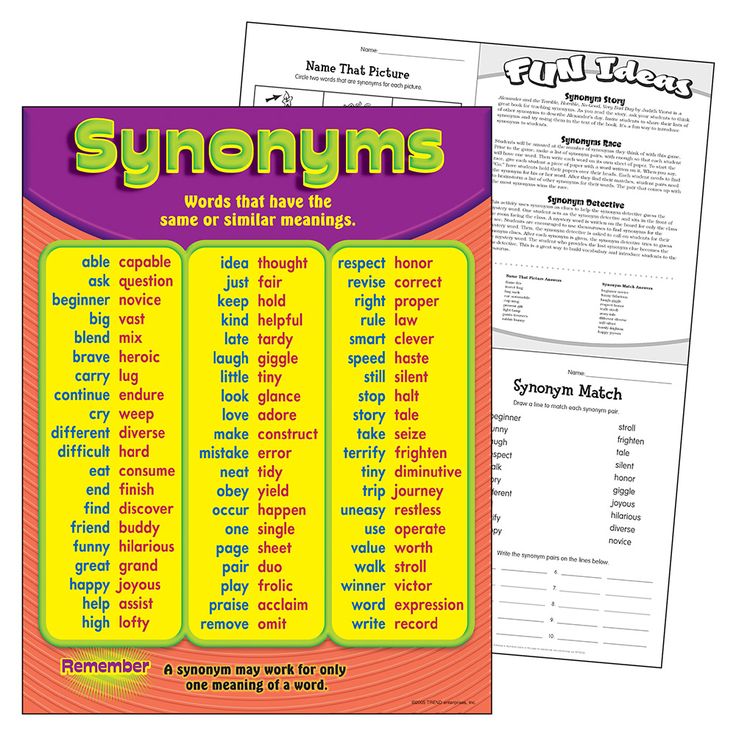
- The teacher reads the word. The student spells it out loud.
- If the student spells it correctly, they keep the stick. If they spell it wrong, the stick goes back into the jar.
- When a student picks the “KABOOM” stick, they have to put all the sticks that they have collected back into the pile.
- The game is over when there are no sticks left in the jar. The student with the most Popsicle sticks is the winner.
If you don’t have Popsicle sticks, you can use pieces of paper or other supplies. You can also assign a student judge who has all of the words available to double-check their classmates’ answers.
Sparkle
Sparkle is a great game to practice spelling with a little competition. You can play sparkle as a whole class or split the students into smaller groups. It’s also a great way to pass the time when students need to wait in line for a long time.
- Have students stand in a circle or straight line.
- Choose a student to call words out or call them out yourself.
 For example: “window.”
For example: “window.” - When the first word is called out, the first person starts spelling it, saying only the first letter (“w”).
- The second person says the second letter (“i”). If a student says the wrong letter, they sit down or leave the circle.
- The third person says the third letter (“n”) and so on, until the word is spelled correctly.
- Whoever says the last letter of the word turns to the next person and says "Sparkle!” The person who would have been next is out because he or she got "sparkled."
The game continues with the leader calling out another word. The game continues until everyone is out except for one player, who is the winner.
DESCRIPTION
sparkle magic wand for spelling word game
SOURCE
artpartner-images / The Image Bank / Getty Images
PERMISSION
Used under Getty Images license
Spelling Bee
Little kids can participate in a spelling bee game without the pressure of competition.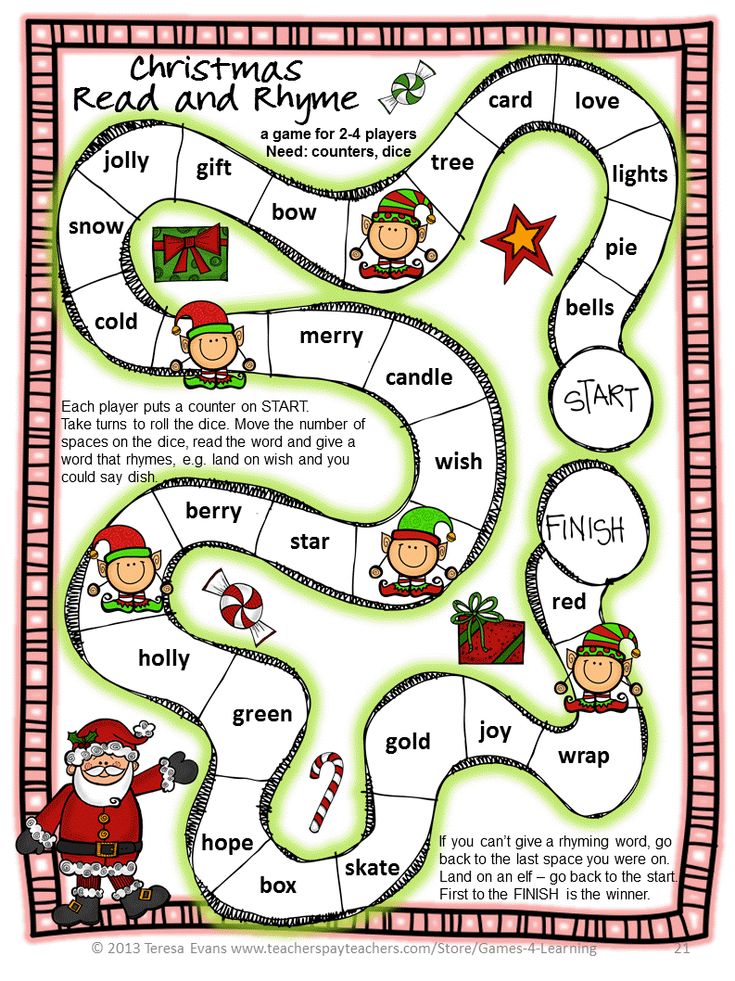 This elementary spelling game is fun for young readers and older elementary students alike.
This elementary spelling game is fun for young readers and older elementary students alike.
- One student is the bee and buzzes around the room while the students chant: "Buzz, buzz, spelling bee, you can't sting me!”
- The bee stops behind a desk and the teacher gives that student a word to spell.
- If the student spells it correctly, then the bee has to sit down and the student is the new bee.
- If the student is wrong, the whole class spells it together.
- Continue until every student has a chance to spell.
Another thing to do to keep the other students involved is to have them do a "thumbs up" or "thumbs down" after the student spells the word. You can also have the students sit in a circle in a similar way to the game duck, duck, goose.
Step and Spell
Step and spell uses a shower curtain that has the letters of the alphabet taped or written on it. You’ll also need a "start" and "finish" spot written onto the shower curtain.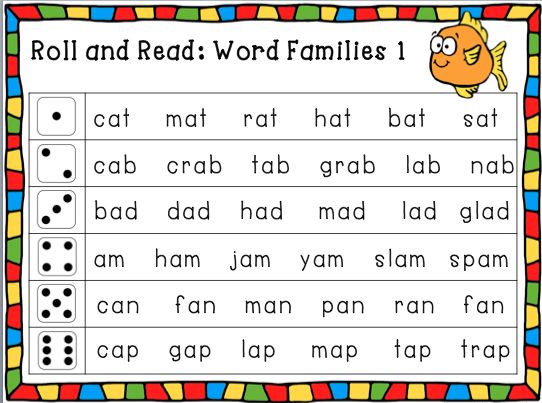
- Spread out the shower curtain on the floor.
- The students sit on the floor around the shower curtain.
- One student stands on the "start" box. The teacher reads the first spelling word.
- The student goes to the first letter of the word, stands on it, says the letter, and goes on to the next one, finishing on the "finish" box.
- If they make a mistake, they start all over again.
For an extra challenge, arrange the letters on the shower curtain in keyboard (QWERTY) order. If you don’t have a shower curtain, you can write the letters on pieces of paper and spread them on the floor. If you’d like to play outside, write letters in chalk on the asphalt and have kids jump to the right ones.
Treasure Words
Spelling words correctly can be a treasure, but students don’t always know that! Send them on a treasure hunt for new spelling words with a game of treasure words.
- Write the spelling words on index cards and hide them in plain sight all over the room.
 You can tape them to walls, windows or wherever.
You can tape them to walls, windows or wherever. - Put the students in pairs and give each pair a spelling list.
- They find the word and one student turns his back to the word and spells it.
- The second student puts a check by the word if it was spelled correctly. Then they switch places and do it again.
- If the student spells it wrong, have them look at it again and do it over.
- By the end of the game, they will have two checks by each word.
This is a great activity because the students are seeing, saying and hearing the word. It’s best used when introducing spelling words to the class at the beginning of the week or a language arts unit.
Games Make Language Arts Fun
Drilling spelling words is boring for students, making it ineffective. Engaging class activities help students internalize spelling rules and practice high-frequency words. Use this list of fun spelling games for the whole class and small groups.
After playing these games in class, students are sure to enjoy language arts a lot more.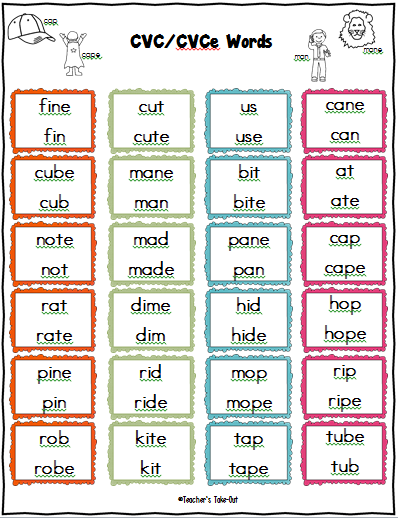 Keep the fun going with these cool grammar activities, or reinforce parts of speech with a collection of noun games.
Keep the fun going with these cool grammar activities, or reinforce parts of speech with a collection of noun games.
5 verbal and linguistic games in the Russian language classes
A valuable method of stimulating interest in learning is the method of using various games and game forms of organizing cognitive activity in the classroom with students and schoolchildren.
The most budgetary game form is a language game, part of which are verbal (not acting) and verbal-role-playing games.
It is also expedient to single out linguistic educational games.
What's the difference?
Word game is a word game. The game takes place exclusively through the speech interaction of the players. The word game is aimed not only at the development of language flair, but also at the development of attention and memory.
Word-role-playing games - a kind of role-playing games with a complete absence of a material component: the game takes place exclusively through the verbal interaction of the players describing the actions of their characters, and the master describing the realities of the surrounding world and the reactions of master characters.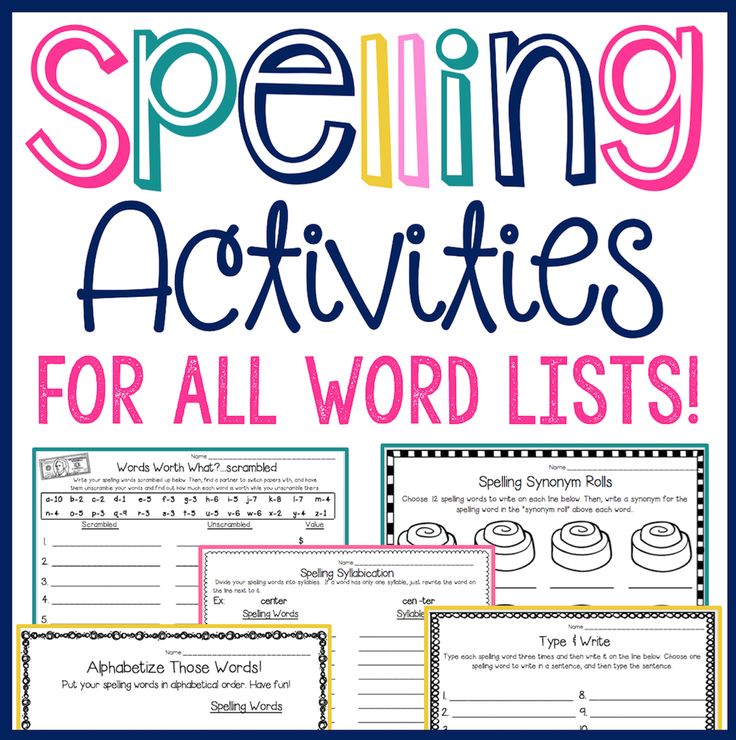
Linguistic game is a language game related to language learning and speech enrichment, with the development of logical thinking, communicative features of speech in terms of taking into account lexical, grammatical, orthoepic, syntactic features of speech.
Consequently, linguistic games are: orthoepic, lexical, grammatical, syntactic.
Linguistic game “Hidden Motives”
Surely, in the life of every person there was a situation when he committed some act and could not explain why he acted one way or another. Unraveling possible hidden motives is possible through a consistent analysis of previous events.
What we are working on: speech logic.
Rules: Divide the group into pairs (sometimes it's easier to unite not in pairs, but in threes). In each pair, one of the participants tells a situation that he cannot explain. The partner, through leading questions, tries to find out the facts, to connect them into syllogisms.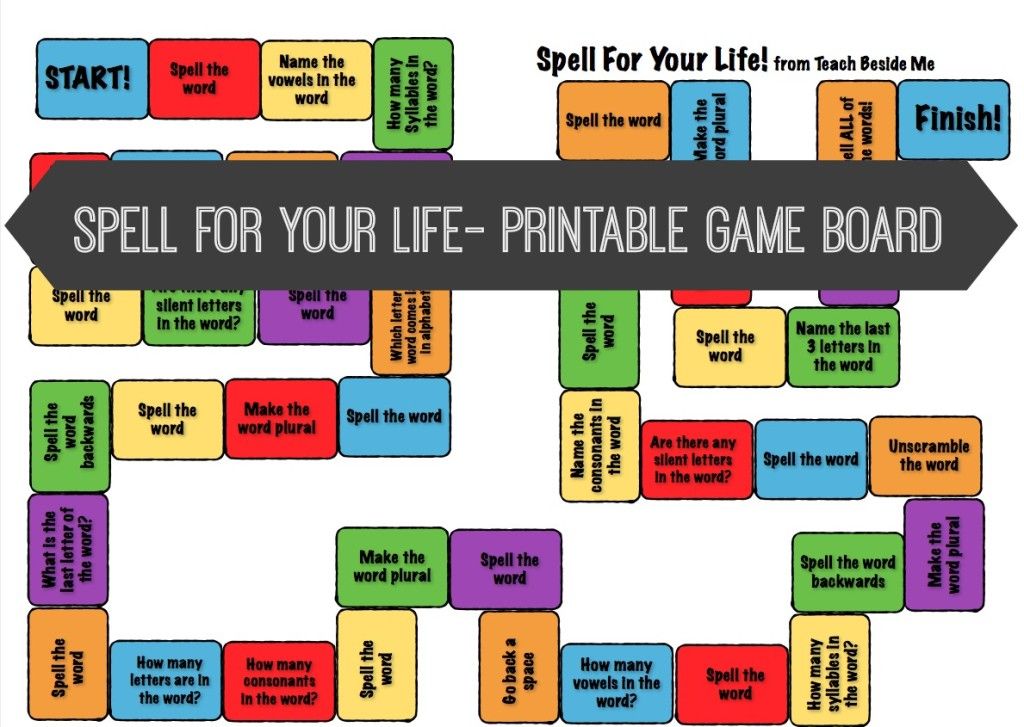
Syllogism is “a form of inference, reasoning, when a third, conclusion, is derived from two given premises or judgments.”
For example, all students take exams in the summer. I am a student, so I have exams in the summer.
In the second round, the interlocutors change places. Then comes reflection.
Word game “One day in the life”
The essence of the game: choose any profession with the students. Together you make up a story from some nouns (verbs, adjectives) about the working day of a professional.
For example, a story about a teacher's day: call-breakfast-lesson-question-answer-five-teacher-director-scandal-lesson-call-home-preparation-sleep.
Important condition: before naming a new noun, each player must repeat everything that was named before him. Then the story will be perceived as a holistic work. To better remember the named nouns, I advise you to carefully look at all the speakers, as if linking the word with a specific person.
Word game “New Vocabulary”
Usually we play in a circle with students as a warm-up at any lesson.
The essence of this game is to come up with new meanings for ordinary and all familiar words.
For example: boyfriend - lover of fish soup, monster - volcano, priestess - woman who loves to eat, etc.
The winner is the one who picks up more interesting words. The time allotted for preparation is agreed in advance.
Taboo word game
When I need to talk to listeners/students and students, or lead them to the topic of the lesson, or review previously learned material, I use the word game “TABU”.
The rules are simple: the student gets a card with the word written on it. It needs to be explained. And under this word, or next to it, there are several more that cannot be used in the explanation.
Other students must guess this word.
It is better to prepare cards on your own - for a specific topic (for example, an essay-reasoning - for students, or general scientific terminology - students / cadets).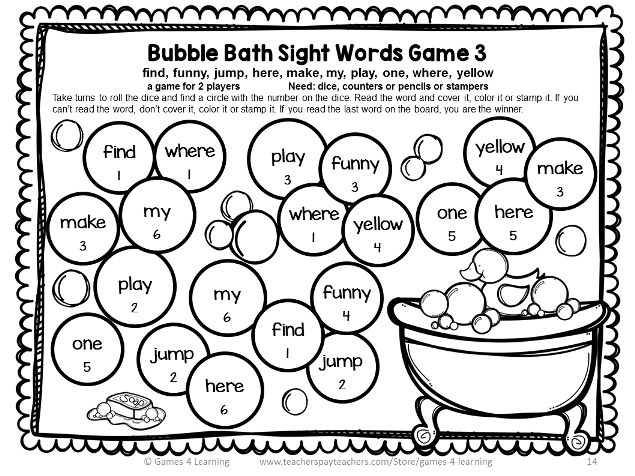
Linguistic game “Sound Images”
The teacher reads out/displays on the screen the words of the writer E. Zamyatin:
“Every sound of a human voice, every letter in itself evokes certain ideas in a person, creates sound images. I am far from assigning a strictly defined semantic or color meaning to each sound, but
Sound [r] clearly tells me about something loud, bright, red, hot, fast.
[l] – about something pale, blue, cold, smooth, light.
Sound [n] - about something tender, about snow, sky, night:
The sounds [d] and [t] are about something stuffy, heavy, fog, darkness, musty.
Sound [m] - about sweet, soft, about mother, about the sea.
With [a] - latitude, distance, ocean, haze, range are associated.
C [o] - high, blue, bosom:
C [and] - close, low, squeezing.
Task: come up with words starting with the letters RLNDTMAOI. Ask students and pupils to voice their sound images.
Word game “Letters-Letters”
One student guesses a word to another, which he must explain to the others, but he can only use words starting with one letter, for example, “p” (any, except for the same root) . That is, the word “house” will have to be explained, for example, as follows: “built - I live”.
If it was not possible to guess right away, one can throw up additional associations: “building, premises, space, the simplest concept…” And at the end add, for example, “Pérignon” – by association with Dom Perignon champagne.
If the guessers are close to winning, then the teacher will need comments like “about”, “about”, “almost right” - or, in the opposite situation: “bad, wait!”. Usually, after the word is guessed, the explainer comes up with a new word and whispers it into the ear of the guesser - he becomes the next leader.
Word and language games are a great way to increase the efficiency of your classroom activities. They can be used at various stages of the lesson: at the beginning - to create a favorable atmosphere and repeat the material that will be later used in speech, in the middle or end of the lesson - to relieve fatigue, at the end of the lesson, when there are a few minutes left before the call and there is no point start some more serious exercise.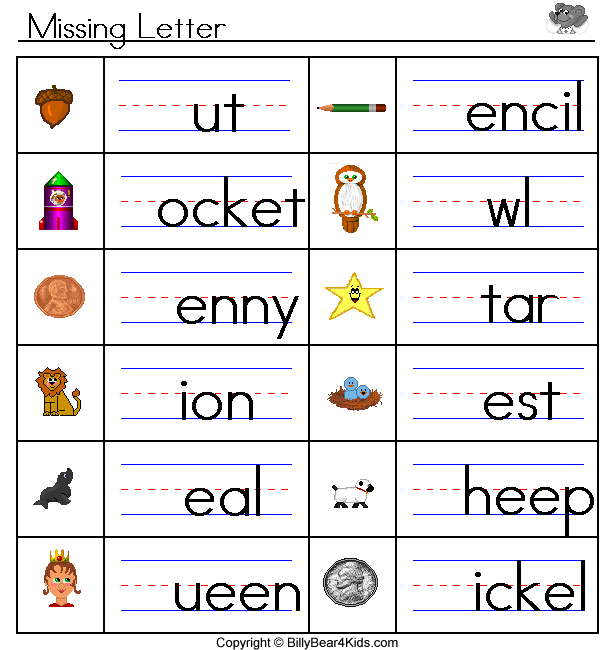
Related articles
- 7 kinetic games at English lessons
- Communication tasks at Russian Speech Etiquette classes for foreign students
- 7 phonetic games and exercises at the initial stage of teaching Russian as a foreign language of the Russian language
- 4 exercises with tautograms in the Russian language classes
- Linguistic games in the Russian language classes
Funny memos in Russian
We present to your attention funny memos in Russian for 15 spelling, orthoepy and grammar rules.
Literate speech, both oral and written, immediately betrays an educated and well-read person. Everyone dreams of speaking and writing without mistakes! Of course, only the owner of rare encyclopedic knowledge can achieve a 100% result. However, making your speech cleaner, not cutting your ear is an easy task: and you should start by avoiding at least the most common mistakes in it.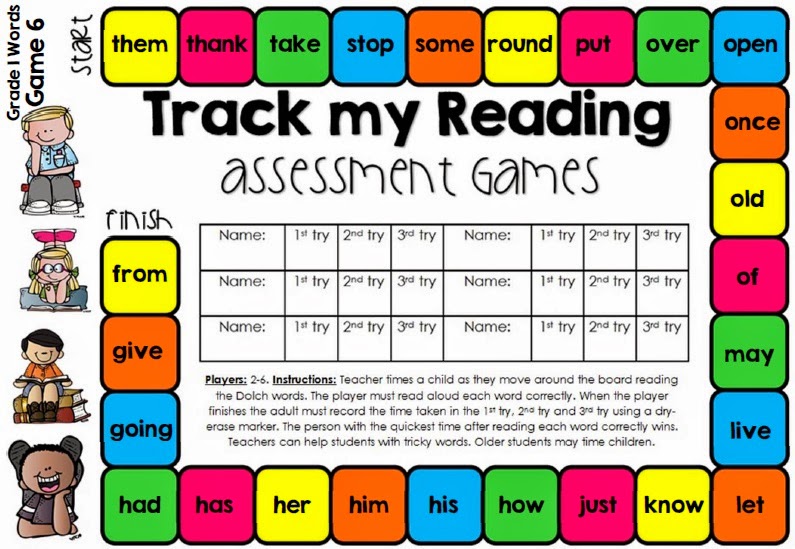
In this article, prepared specifically for the Day of the Russian Language, we have tried to put together a few "popular" difficult cases, which are often stumbled not only by children, but also by quite serious adults - in TV shows, movies, and the media. And in order to remember the rules even a kid could do, we decided to put them in a poetic form.
| 1. Particle NOT with verbs is written separately. NOT - the verb is not a friend, (E. Intyakova) | |
| 2. HE and NI particles Oh, how similar NOT and NOR! | |
| 3. In a winter evening, starry, quiet (E. Intyakova) | |
| 4. The stress in the personal forms of the verb "call" falls on the sound I. My Dunno Neighbor Moans, (I. Ageeva) | |
| 5. Put on (what?) clothes; dress (whom?) Nadezhda Nadya girl WEAR I began to dress the doll, (E. Intyakova) | |
| 6. - I can't come to you (E. Intyakova) | |
| 7. The verb "to go" in the imperative mood Green light, | |
| 8. The verb “put” is used without prefixes, and “(on) lay down” - only with prefixes. I'm not going to lie down, nor lie down, (E. Intyakova) | |
| 9. Will I win or will I run? The verb "to win" in the future tense has only a complex form (to win, to become a winner). “How can I go to a competition, how can I run everyone there! (E. Intyakova) | |
|
To read this to me, The same as Masha, I'll write in my notebook, Also I will go to the market, (E. Intyakova) | |
|
Now it has become clear to us, Before "L" and before a vowel, (I. Aseeva) | |
| 12. Plural genitive of nouns "socks", "stockings", "boots", "shoes" "Stockings" and "socks" obey a simple rule: the shorter, the longer. Short socks - long word: socks (6 letters) And about “shoes” and “boots”, we invite you to remember a funny quatrain: One pair of fashion shoes (E. Intyakova) At the same time, you can learn the spelling of the single letter H in the word "leather" (the same is true for other adjectives with the AN/YAN suffix). Exceptions are easy to remember by looking at the usual window : wood, glass, tin. | |
| 13. A bear cub was walking through the forest, (E. Intyakova) | |
| 14. Cakes - Shorts: the stress in all forms of both words falls on the first syllable. Long ate cakes - | |
| 15. Spelling of unpronounceable consonants Both terrible and dangerous |
We give you memorabilia
Absolutely FREE!
Happy Russian Language Day!
Dear readers, perhaps you know other good memories? Did you compose them yourself or remember them from childhood? We will be very grateful if you share your knowledge with us and supplement this article with new interesting material.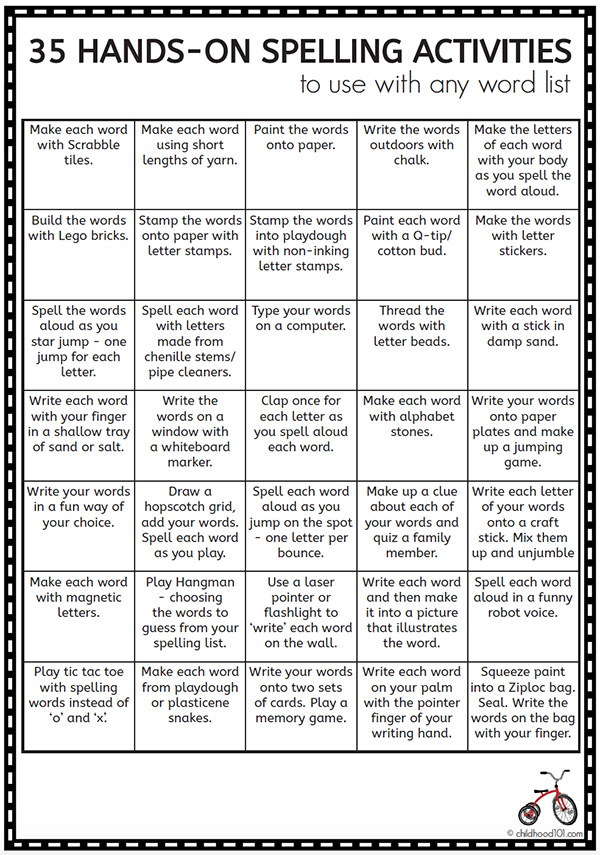
Learn more

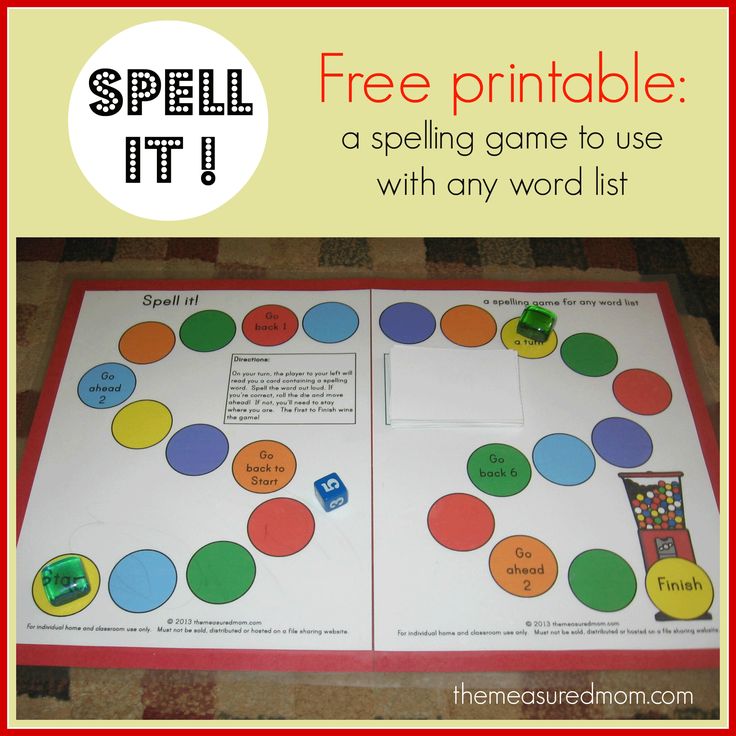 -TSYA/-TSYA in verbs
-TSYA/-TSYA in verbs 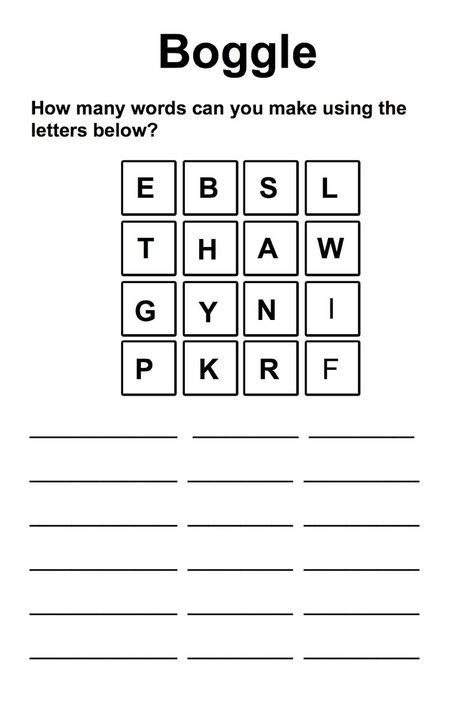 Come - I will come
Come - I will come 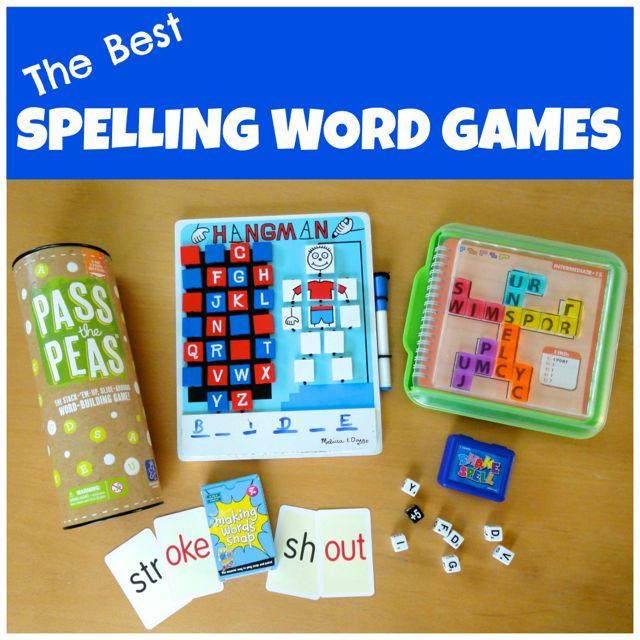

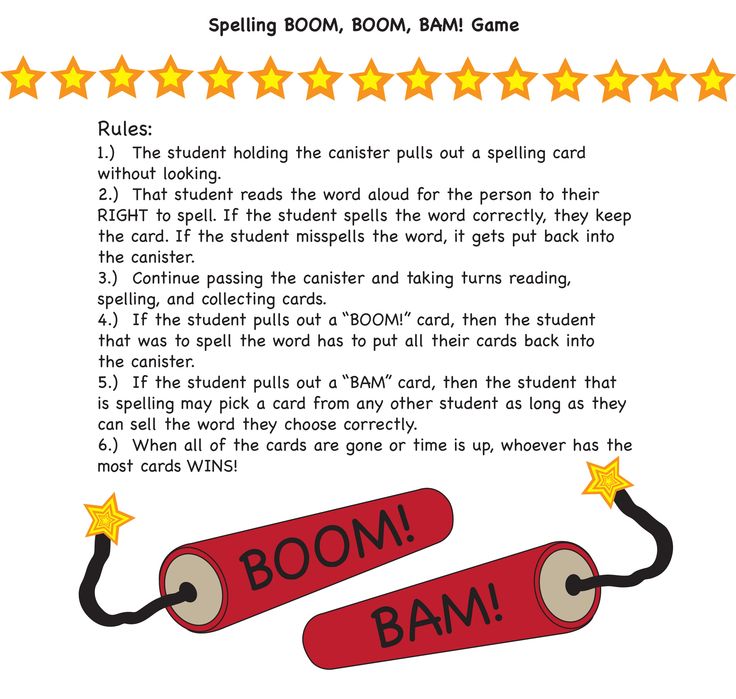 O or Yo? In stressed suffixes of nouns -ONK-, -ONOK- (girl, skirt, galchonok, teddy bear) the letter O is written.
O or Yo? In stressed suffixes of nouns -ONK-, -ONOK- (girl, skirt, galchonok, teddy bear) the letter O is written. 